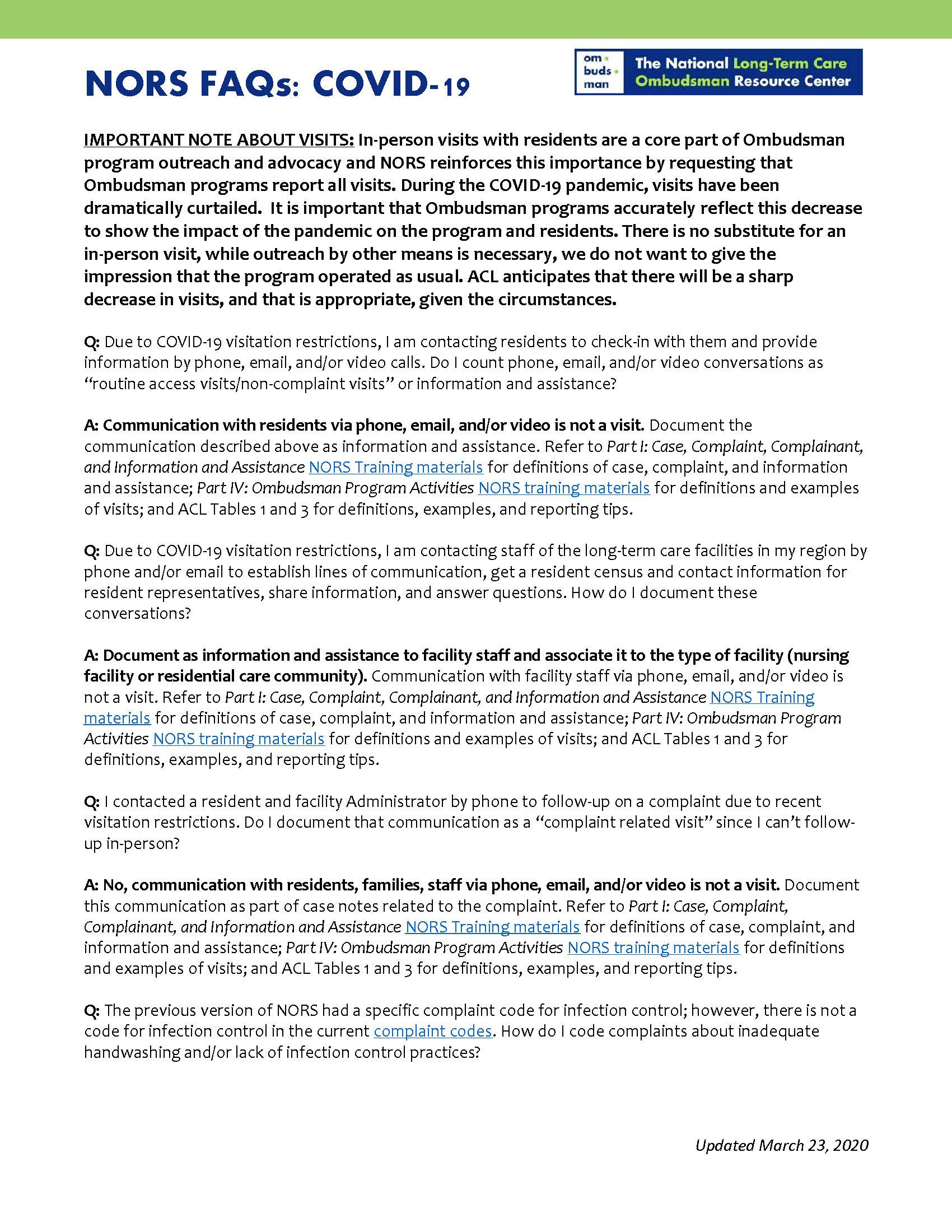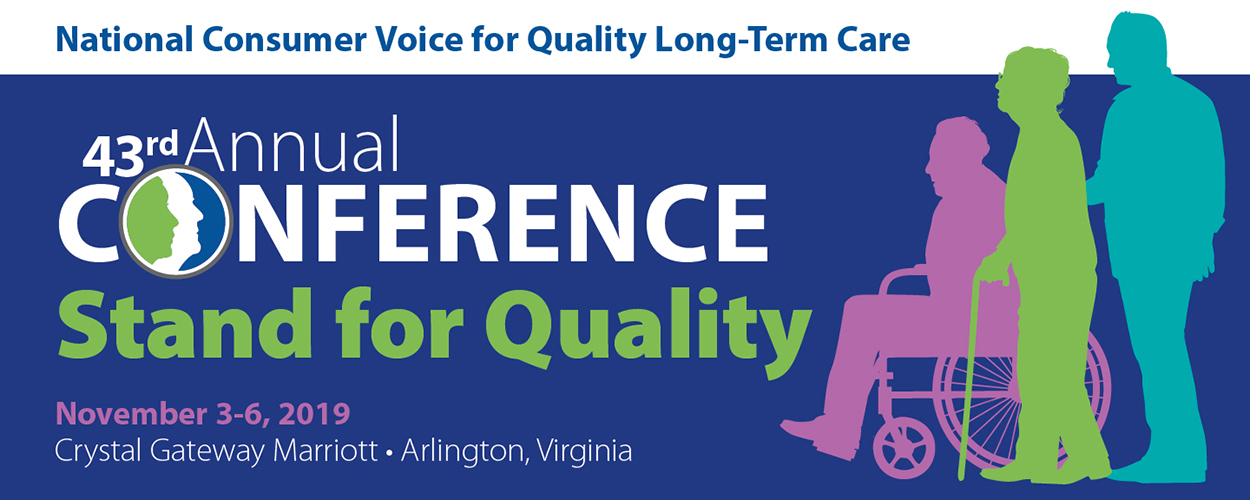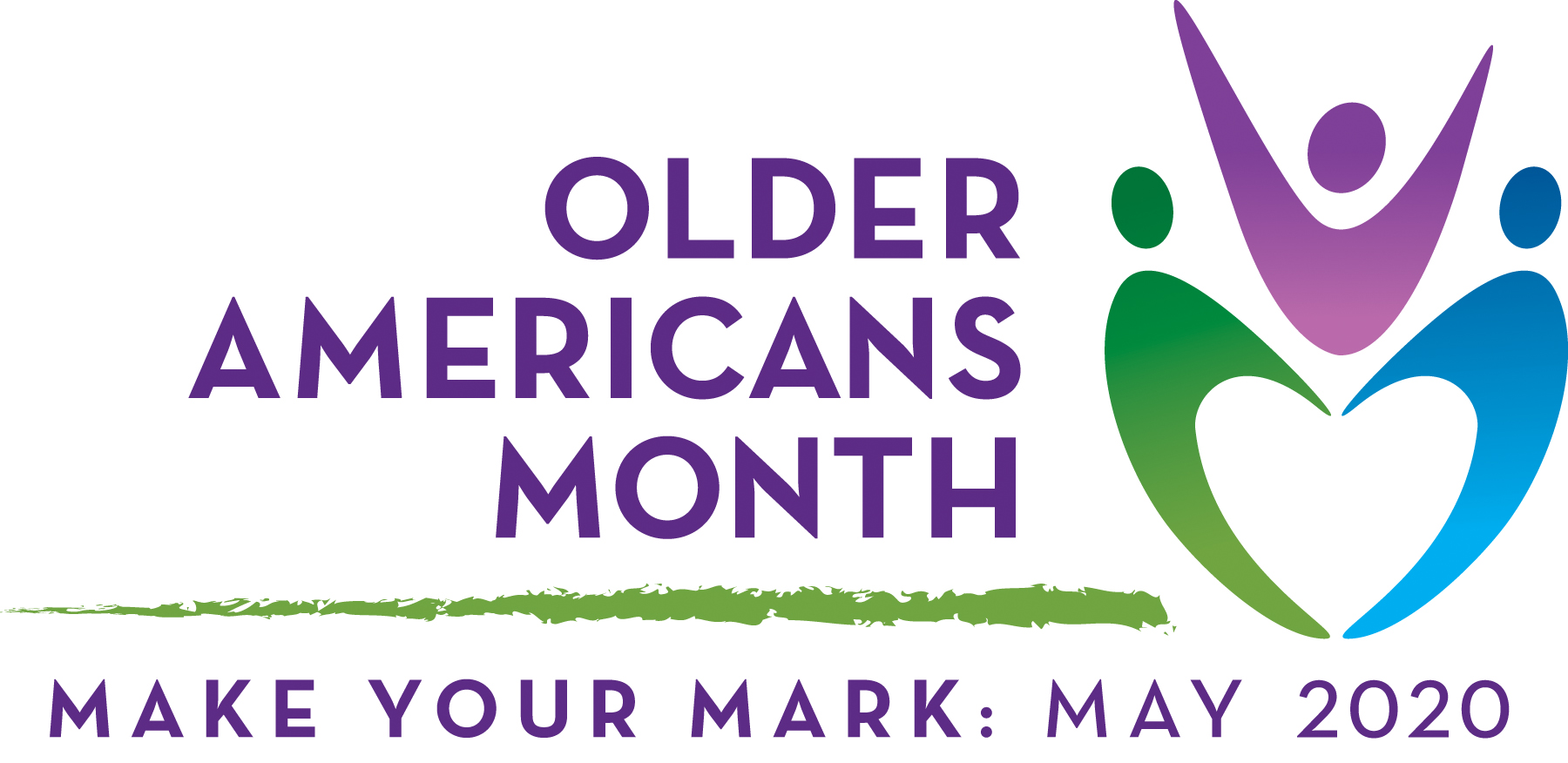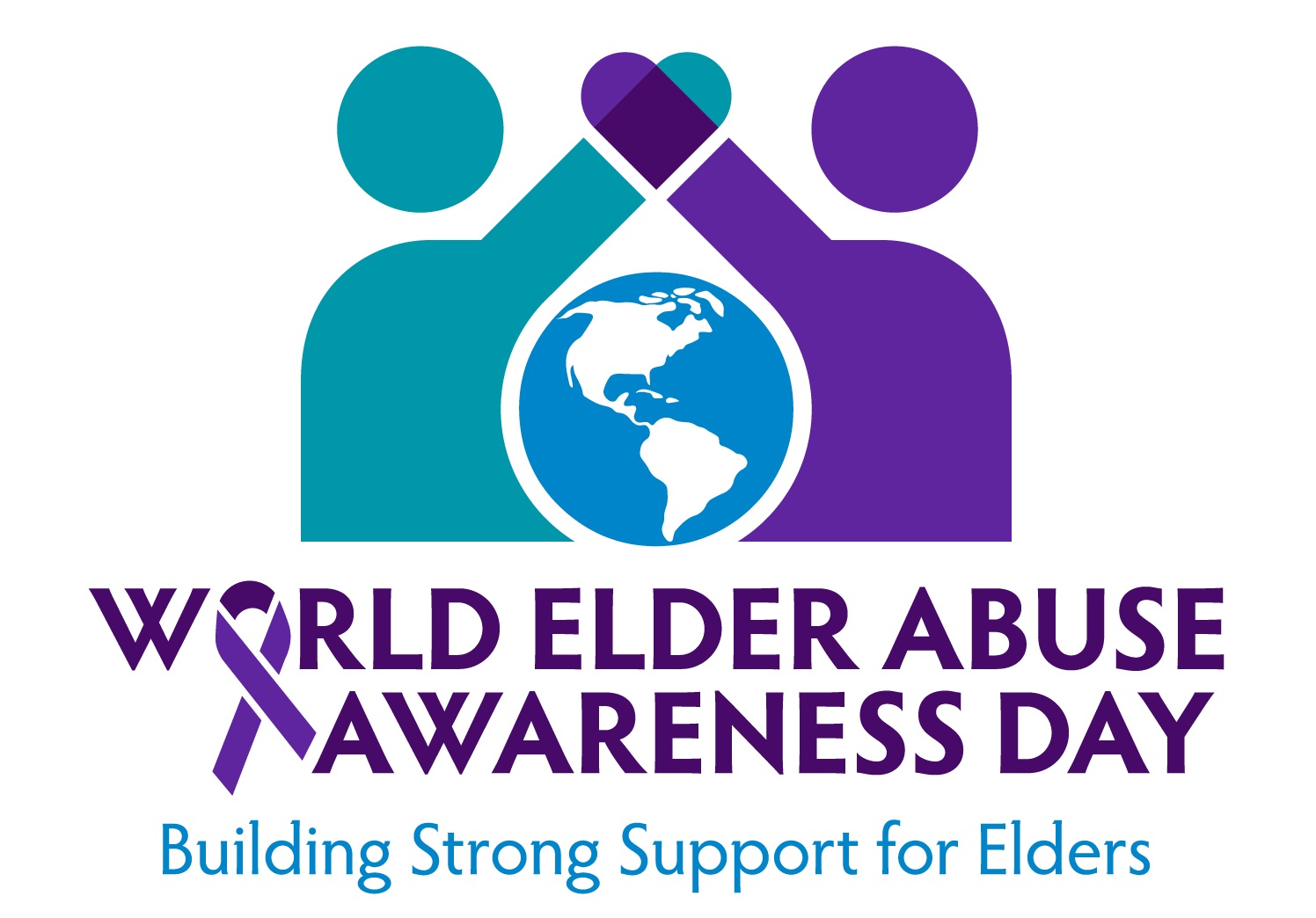| March 2020 | Volume 6, Issue 3 |
|
In this issue:
|
|
COVID-19: Updates and Information for Long-Term Care Ombudsman Programs
As the coronavirus disease 2019 (COVID-19) outbreak continues to evolve, it is important for Ombudsman programs and other advocates to be informed and take precautions in order to prevent the spread.
According to the Centers for Disease Control and Prevention (CDC), the health risk of COVID-19 for the general public in the United States is low currently. However, just as with influenza and other viral infections, older adults and some individuals with preexisting medical conditions are at an increased risk for more severe illness.
The information below includes updates on the CMS guidance, tips for preventing the spread of COVID-19, and links to additional information.
Learn more »
|
|
New and Updated Resources
NEW! Webpage for Ombudsman Programs on Coronavirus Prevention in LTC Facilities
As the coronavirus disease 2019 (COVID-19) outbreak continues to evolve, it is important for Ombudsman programs and other advocates to be informed and take precautions in order to prevent the spread. The information on this page includes tips for preventing the spread of COVID-19 and links to additional information.
NEW! Two New Issue Pages Added to the NORC Website on Electronic Monitoring Devices and Pain Management
The first page includes resources and examples of state laws and guidelines related to electronic monitoring devices and surveillance cameras in nursing homes. The second issue page includes information from NORC, NCEA, CMS, and others related to opioids and pain management.
NEW! Part I and II Webinar Materials Available from the Three-Part Volunteer Management Webinar Series: Successful Practices in Volunteer Recruitment, Training, and Retention
NORC is hosting a series of three webinars designed to help Ombudsman programs recruit, support, and retain volunteers. These 75-minute webinars include examples from programs across the country and plenty of time for brainstorming and sharing from all participants. The first webinar in the series, Developing a Work Plan to Recruit Volunteers, was held on February 19 and the second webinar in the series, Mentoring and Monitoring Volunteers, was held on March 11. If you missed these two webinars, view the recording, PowerPoint slides, and additional handouts on the Volunteer Management page on the NORC website. The final webinar in the series, Retaining Volunteers, will be held on April 22 at 3:00 pm ET, register for this webinar here. If you registered for the first two webinars, you are already registered for the third webinar.
NEW! January, February, and March NORC Notes
NORC Notes is a monthly email reminder of available resources on the NORC website and tips for how your program can use them. The January issue highlighted person-centered care resources, the February issue reviewed the effects of the opioid crisis, and the March issue provided tips for preventing COVID-19 in long-term care facilities. Sign-up to receive NORC Notes.
|
|
TA Hot Topic: Can Long-Term Care Facilities Accept Food Delivered by Families or Restaurants for Residents During This Time?
Ombudsman programs have asked us if long-term care facilities can accept food delivered by families or restaurants for residents during the COVID-19 pandemic.
To our knowledge, the Centers for Medicare and Medicaid Services (CMS) has not provided guidance about accepting food for residents from outside of the facility. However, based on the information from the Centers for Disease Control (CDC) provided below there appears to be no reason to ban food provided from outside of the facility.
The Centers for Disease Control (CDC) says the following in response to the frequently asked question about spreading the virus through food.
Can the virus that causes COVID-19 be spread through food, including refrigerated or frozen food?
Coronaviruses are generally thought to be spread from person-to-person through respiratory droplets. Currently there is no evidence to support transmission of COVID-19 associated with food. Before preparing or eating food it is important to always wash your hands with soap and water for 20 seconds for general food safety. Throughout the day wash your hands after blowing your nose, coughing or sneezing, or going to the bathroom.
It may be possible that a person can get COVID-19 by touching a surface or object that has the virus on it and then touching their own mouth, nose, or possibly their eyes, but this is not thought to be the main way the virus spreads.
In general, because of poor survivability of these coronaviruses on surfaces, there is likely very low risk of spread from food products or packaging that are shipped over a period of days or weeks at ambient, refrigerated, or frozen temperatures.
Learn more »
|
|
NORS Corner: Frequently Asked Questions on Documenting Activities During COVID-19
 As the COVID-19 outbreak continues to evolve so does federal and state guidance. NORC developed FAQs on Documenting Activities During COVID-19. Continue to check our COVID-19 webpage for Ombudsman programs for updated information. View the FAQs below or as a PDF. As the COVID-19 outbreak continues to evolve so does federal and state guidance. NORC developed FAQs on Documenting Activities During COVID-19. Continue to check our COVID-19 webpage for Ombudsman programs for updated information. View the FAQs below or as a PDF.
Learn more »
|
|
News from the Network
Kentucky and Washington State LTC Ombudsmen Work Together on COVID-19
New Jersey State Ombudsman, Laurie Facciarossa-Brewer, is Quoted in an Article on a Proposed Bill that Would Mean Stiffer Penalties for Senior Care Homes in Cases of Abuse
Georgia State Ombudsman, Melanie McNeil, is Quoted in an Article on a Proposed Bill that Would Mean Stiffer Penalties for Senior Care Homes in Cases of Abuse
Ohio Ombudsmen are Interviewed on Holding Nursing Homes Accountable
Minnesota Ombudsman Program Works to Legalize Surveillance Cameras in Senior Care Facilities
The Connecticut Ombudsman Program Works with Researchers to Learn More About Social Isolation
|
|
Volunteer Management: Fender Benders - Proof of Vehicle Insurance
Although Ombudsman program staff and volunteers do not use their personal vehicles to transport residents, they do drive to and from their home to their assigned facility and program training or events.
As the SMP Volunteer Risk and Program Management (VRPM) reminds organizations "despite best efforts at prevention, things can, and do, go wrong. Humans make errors, accidents happen, equipment fails, and weather intervenes. Therefore, people can be harmed and people and organizations can suffer losses. While insurance is not an organization’s first defense in risk management (prevention is), it is an important backup if prevention measures fail."
NORC has updated the "Key Points for Minimum Volunteer Requirements" in the Volunteer Long-Term Care Ombudsman Program Representative Intake Toolkit to include the suggestion of requiring proof of automobile insurance during the initial intake and certification process and at least annually.
Also in the Volunteer Risk Management Considerations for Long-Term Care Ombudsman Programs (LTCOPs) Worksheet one of the areas of risk includes "drive to their assigned facility and other LTCOP activities."
Three-Part Volunteer Management Webinar Series: Successful Practices in Volunteer Recruitment, Training, and Retention Learn more »
April 19-25 is National Volunteer Appreciation Week Learn more »
|
|
Quick Tips: Advocating for Residents in Managing Pain - Opioids and Alternative Treatments
Pain is unpleasant and can easily affect resident’s everyday experience from eating, to sleeping, to moving around. Pain can be hard to measure and express to other people but leaving it untreated can negatively impact their health and quality of life. It is important to encourage residents to speak up so that proper measures can be taken to relieve their pain. This article provides an overview of opioids, tips for what an Ombudsman can do to help residents achieve effective pain management, and additional resources.
Learn more »
|
|
Save the Dates
April 3, 2020
Deadline to Submit a Session Proposal for the 2020 Consumer Voice Annual Conference Extended Learn more »

May 2020
Older Americans Month Learn more »

June 15, 2020
World Elder Abuse Awareness Day (WEAAD) Learn more »

|
|
Read past issues of the Ombudsman Outlook on the NORC website. If you did not receive this email directly and would like to sign-up to receive NORC emails please fill out the form on our website. If you would like to receive The Voice (the Consumer Voice weekly e-newsletter) automatically sign-up on the Consumer Voice website. If you have any questions, challenges, or article suggestions related to long-term care Ombudsman advocacy and program management, please let us know.
|

|
